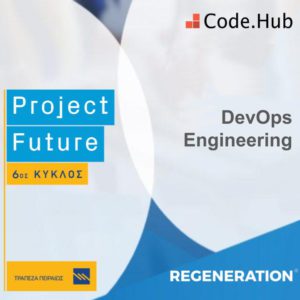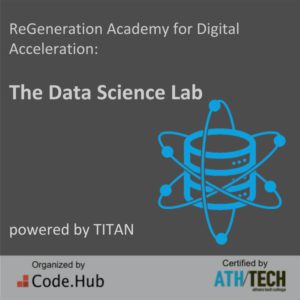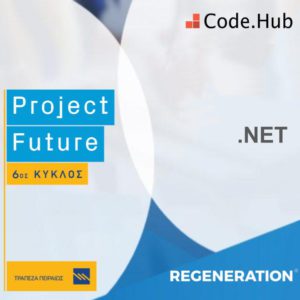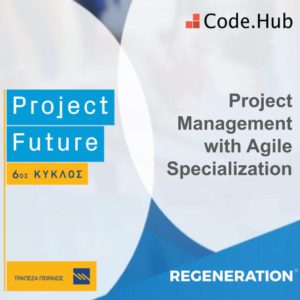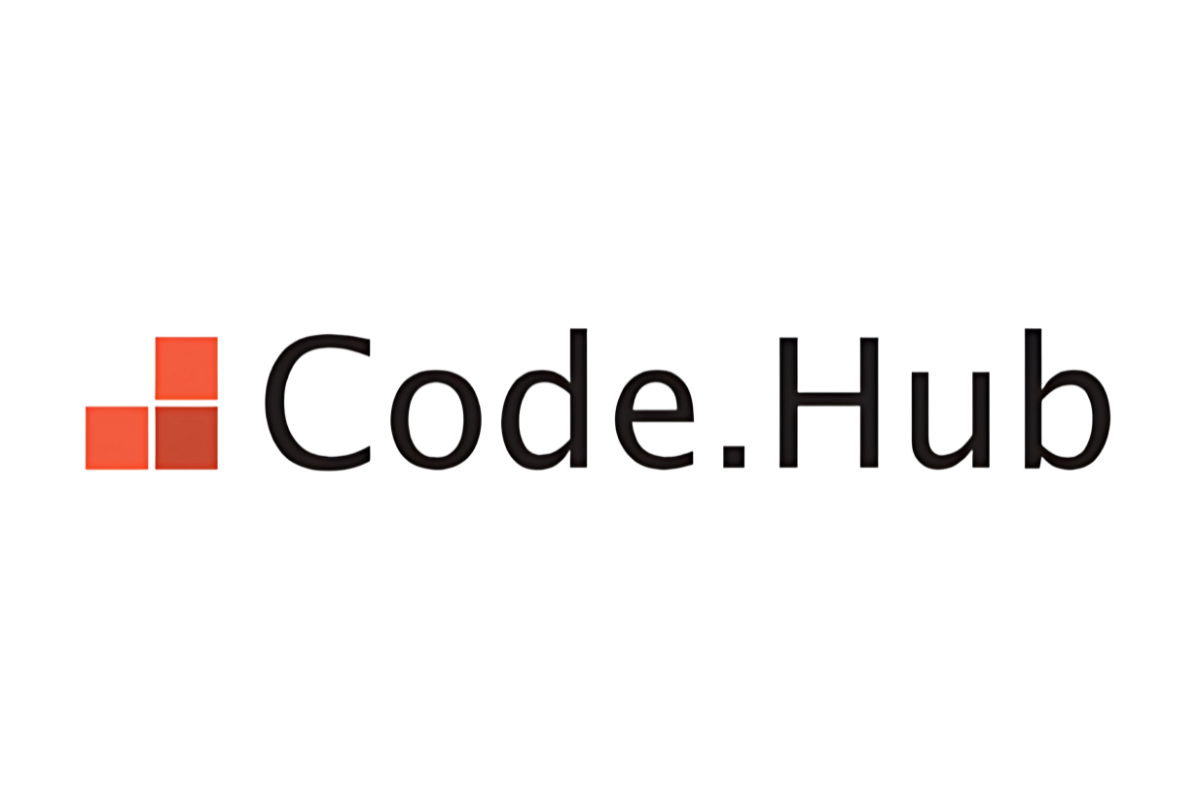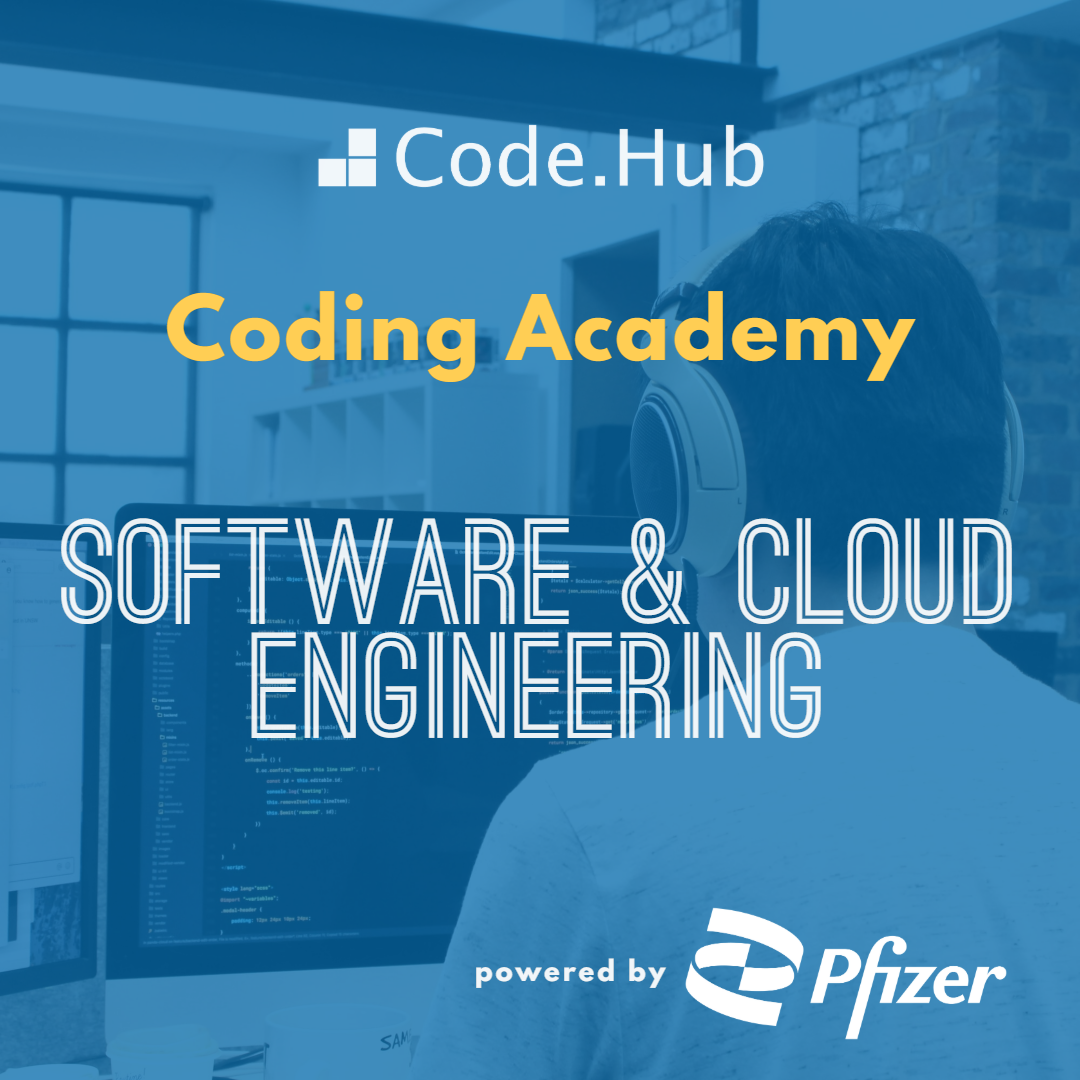
Pfizer Bootcamp – Software & Cloud Engineering
Description
Τhe Pfizer Bootcamp – Software & Cloud Engineering commences!
Duration & Schedule
This specific program lasts 6 weeks and consists of 110 hours of lectures and hands-on exercise on real case studies and projects via virtual classroom environment* and online collaboration platforms.
Start Date: 23 January 2023
End Date: 2 March 2023
Detailed Schedule (The Schedule is subject to adjustments)
| Introduction Day Monday 23, January |
Approximately (17.15-21.15) |
| Week 1 (Jan.) 23, 24, 26, 27, 28 |
Weekdays – (18.00 – 21.15) Saturday – (10.00 – 15.30) |
| Week 2 30, 31, (Feb.) 02, 03 |
Weekdays – (18.00 – 21.15) |
| Week 3 06, 07, 09, 10, 11 |
Weekdays – (18.00 – 21.15) Saturday – (10.00 – 15.30) |
| Week 4 13, 14, 15, 16, 17 |
Weekdays – (18.00 – 21.15) CDI Networking Event @Thessaloniki* |
| Week 5 20, 21, 23, 24, 25 |
Weekdays – (18.00 – 21.15) Saturday – (10.00 – 15.30) |
| Week 6 28, (March) 01 |
Weekdays – (18.00 – 21.15) |
| Presentations Day Thursday 02 March |
Approximately (18.00-21.15) |
*Some Sessions might require your physical presence
Key Objectives – Curriculum
The key learning objectives of this program can be summarized as follows:
| Software Engineering |
|
| Object Oriented Programming & Java fundamentals |
|
| Databases & Object-relational mapping |
|
| Spring Framework Core Concepts |
|
| Spring Boot |
|
| Front-End Development |
|
| Cloud Computing Core Concepts |
|

